Optimal Timing for Masonry Services
Masonry service scheduling depends on various factors including weather conditions, material types, and project scope. The optimal time generally aligns with periods of mild temperatures and low humidity, which help ensure proper curing and bonding of masonry materials.
These seasons offer moderate temperatures ideal for masonry work, reducing risks of cracking or improper curing caused by extreme heat or cold.
Cold weather can hinder mortar setting, while high temperatures may cause rapid drying, leading to cracks and weakened structures.
Dry, mild days with low wind are preferable for masonry work, ensuring materials set properly without moisture interference.
Materials like mortar and concrete perform best within specific temperature ranges, typically between 40°F and 85°F.
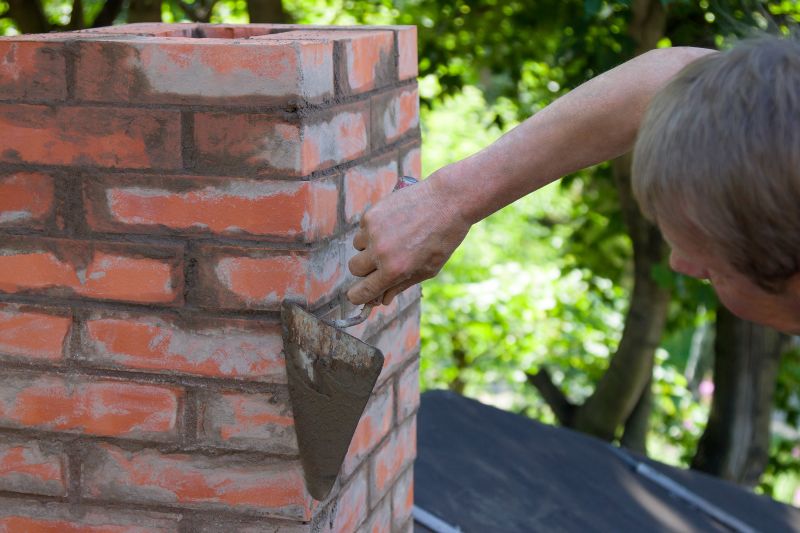
Spring offers ideal conditions for masonry projects, with balanced temperatures and lower humidity levels.

Autumn provides cool, dry weather suitable for durable masonry installations.
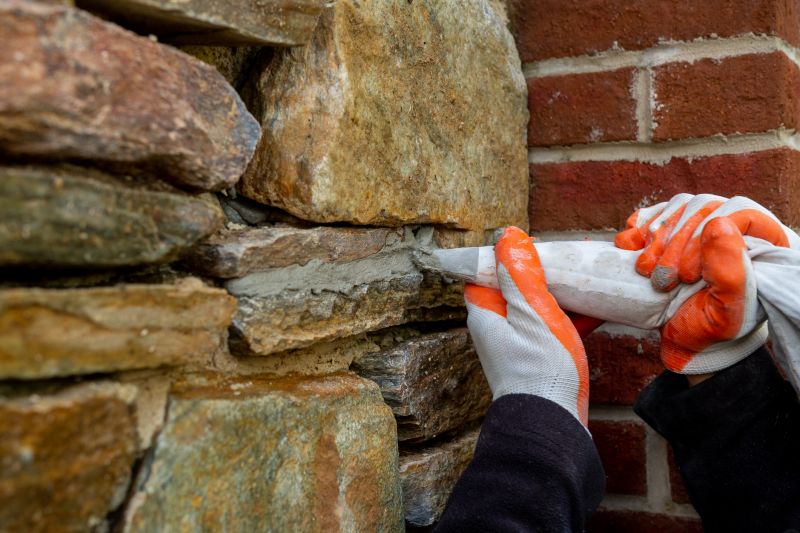
Freezing temperatures can delay curing and compromise mortar strength.
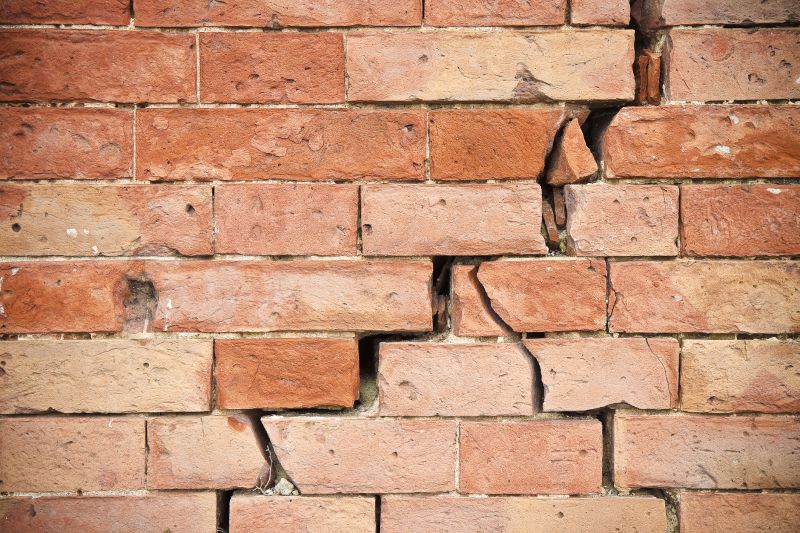
High heat and direct sunlight can cause rapid drying, leading to cracks.
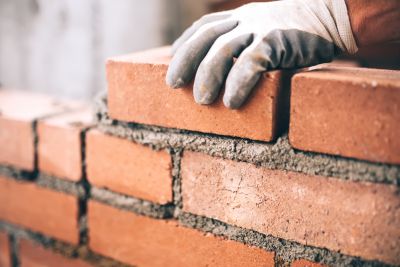
Ways to make Masonry Service work in tight or awkward layouts.
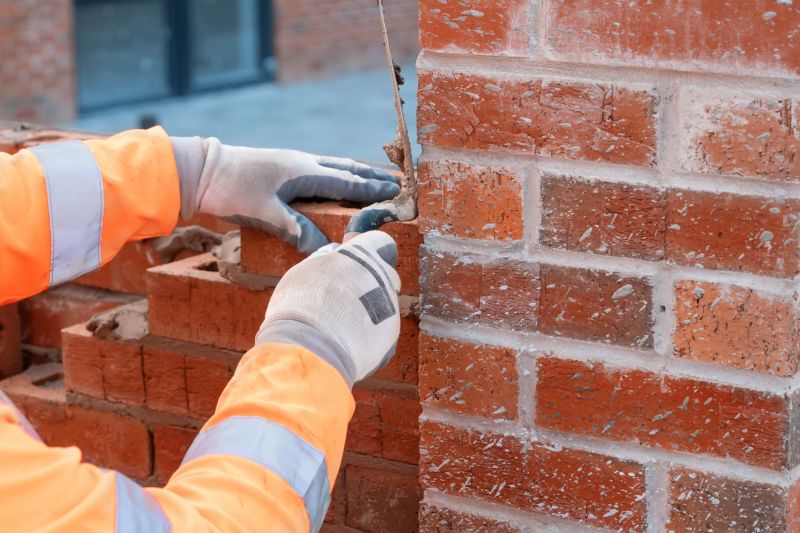
Popular materials for Masonry Service and why they hold up over time.

Simple add-ons that improve Masonry Service without blowing the budget.
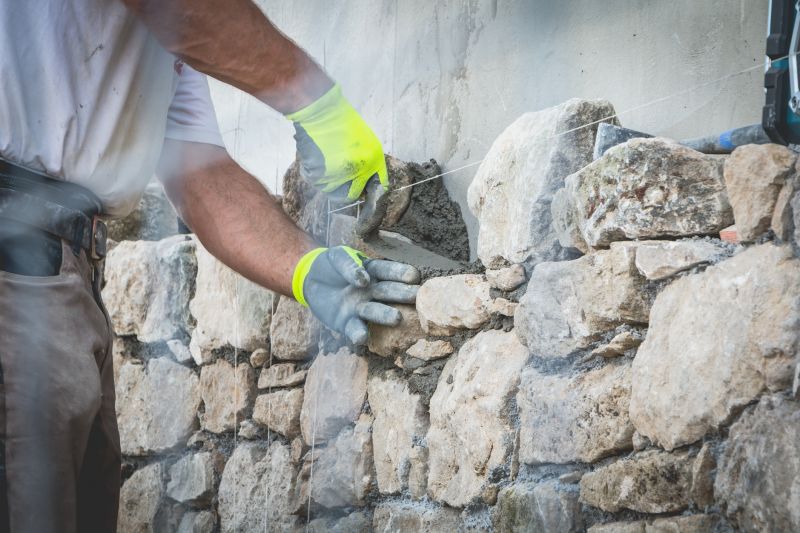
High-end options that actually feel worth it for Masonry Service.
| Season | Ideal Conditions |
|---|---|
| Spring | Moderate temperatures, low humidity, ideal for curing. |
| Summer | Hot weather may require additional measures to prevent cracking. |
| Fall | Cool, dry conditions suitable for most masonry projects. |
| Winter | Cold temperatures can inhibit mortar setting; not recommended during freezing conditions. |
Masonry service involves the construction and repair of structures using materials like brick, stone, and concrete. Proper timing enhances the durability and aesthetic appeal of masonry projects. Weather influences the curing process, with optimal conditions promoting strong, long-lasting results. Studies show that scheduling masonry work during mild seasons reduces the likelihood of material failure and rework, saving time and costs.
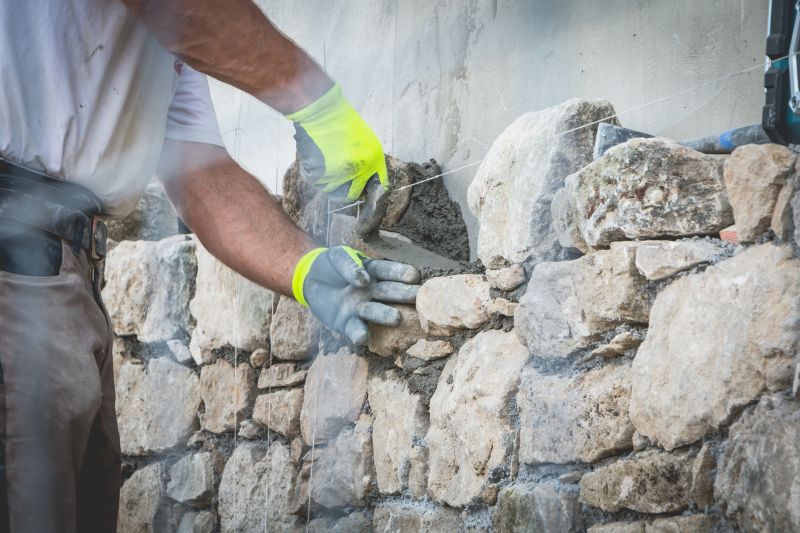
Spring's mild weather supports effective masonry curing.
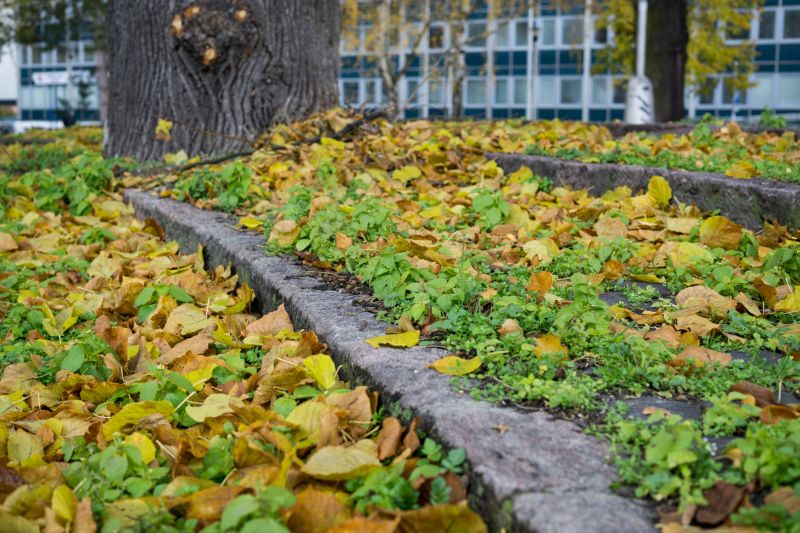
Autumn's dry conditions facilitate quality masonry work.
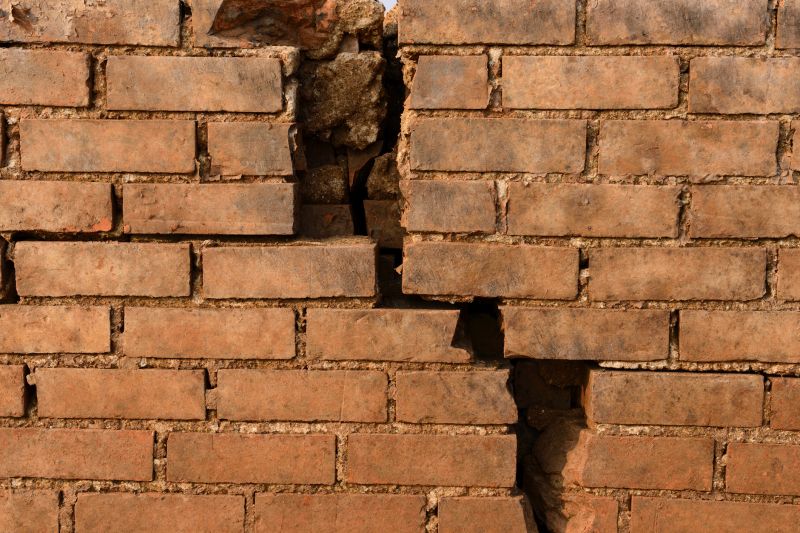
Extreme temperatures can cause cracking and weaken structures.
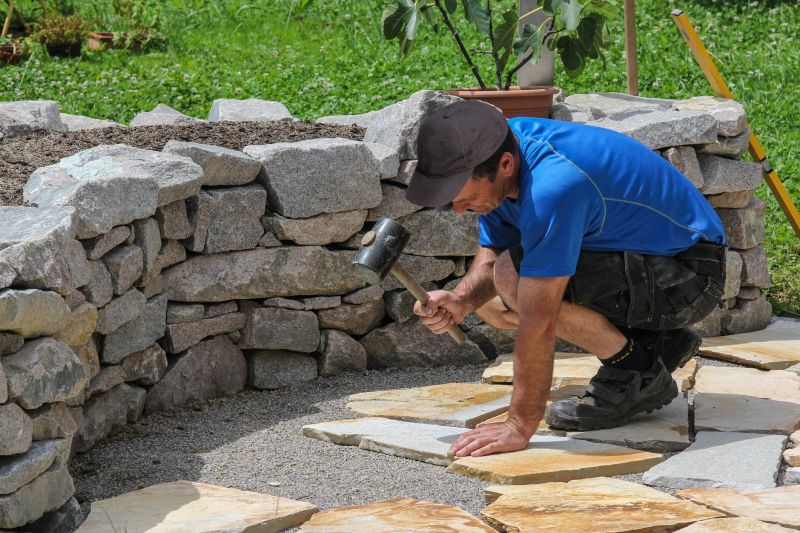
Consistent, moderate weather ensures long-lasting results.
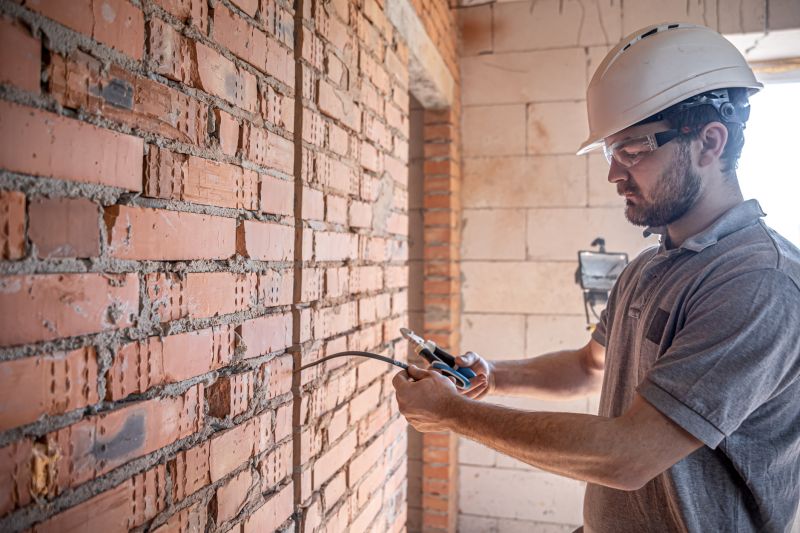
Finishes and colors that play nicely with Masonry Service.
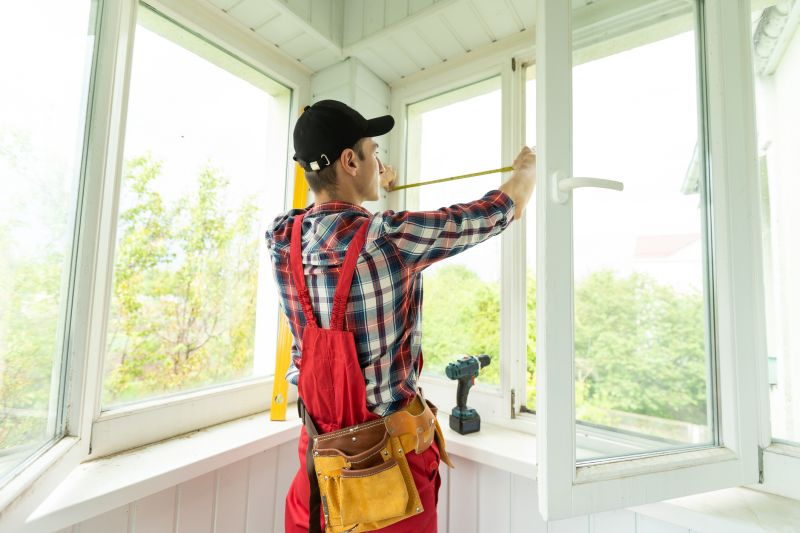
Little measurements that prevent headaches on Masonry Service day.
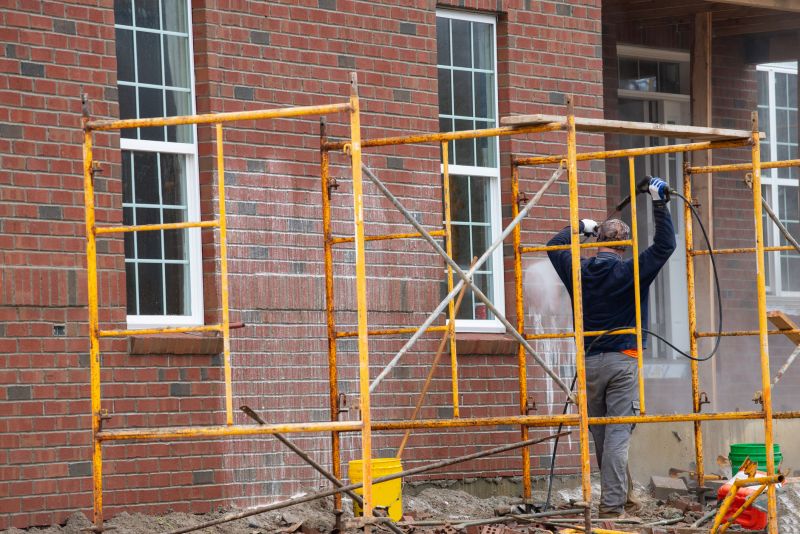
A 60-second routine that keeps Masonry Service looking new.
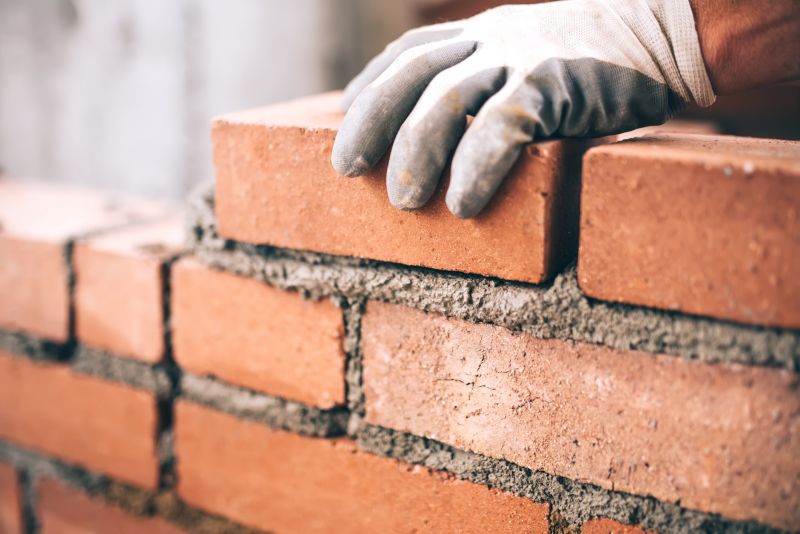
A frequent mistake in Masonry Service and how to dodge it.
Interested parties are encouraged to contact for further details or to schedule masonry service during the most suitable season for their project. Proper timing ensures the longevity and quality of masonry work, making it a worthwhile consideration for any construction or repair effort.
